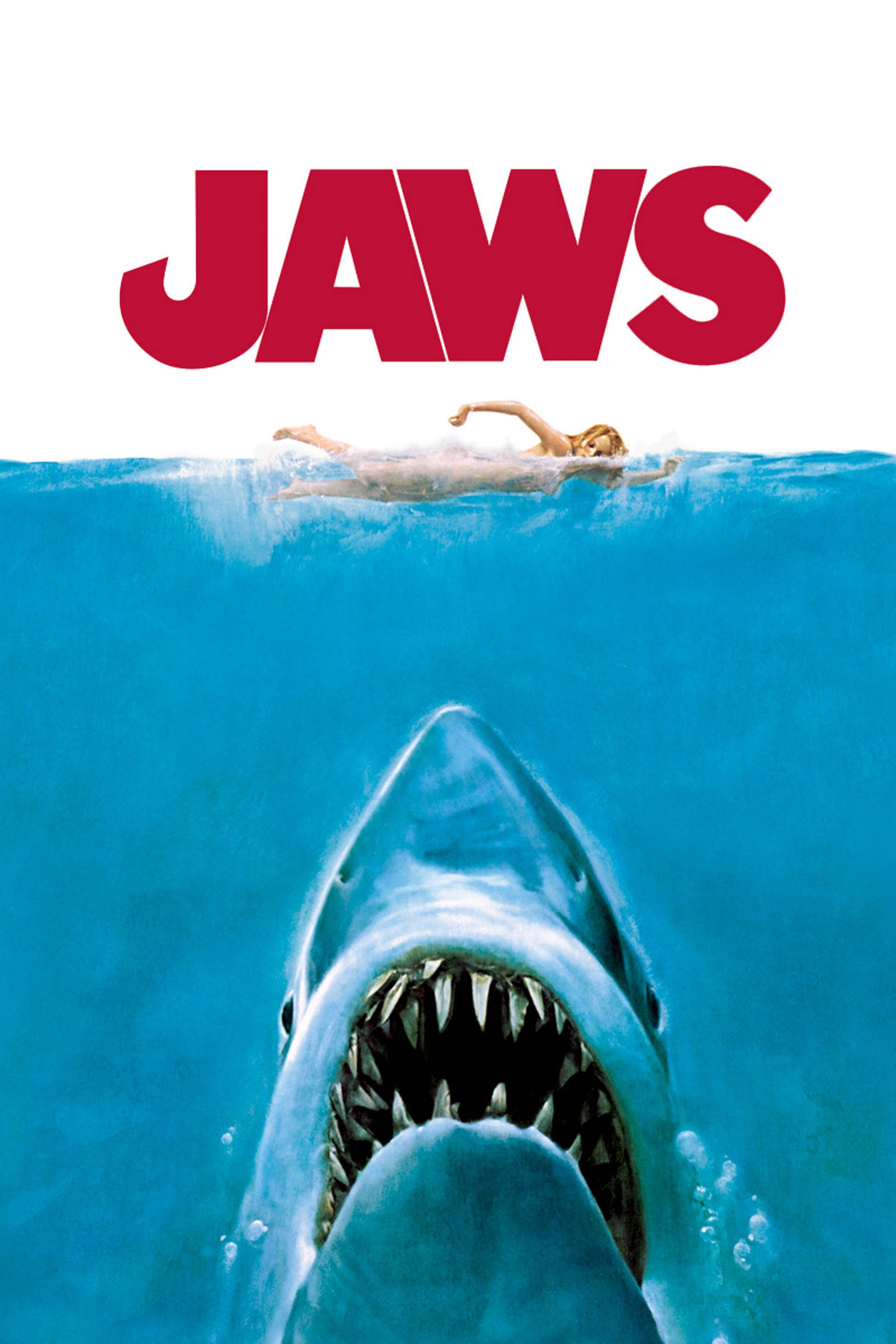How does the media portray sharks?
 |
| Jaws (1975) |
The long term consequences of this can be summarised in three points using the 'Jaws effect': the belief that sharks intentionally bite humans, encounters with sharks are always fatal and sharks should be killed to prevent future attacks from occurring.
Similar portrayals of sharks can also be found on news sites. Reports of shark encounters, especially those with fatalities, attract high levels of media interest as they can be a highly emotive topic, evoking a lot of fear. I decided to see this media coverage for myself so I chose a news website to find shark related articles. A simple search of the phrase 'shark attack' brings thousands of results. I found that most of the titles of the articles had very emotive language, with 'MONSTER' and 'SAVAGE' being some of the most frequently used.
 |
| 'The Sun' article titles dated between April-July 2022- emotive language is highlighted |